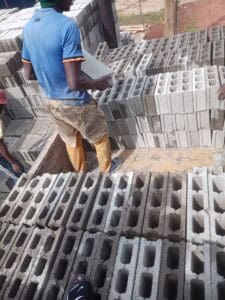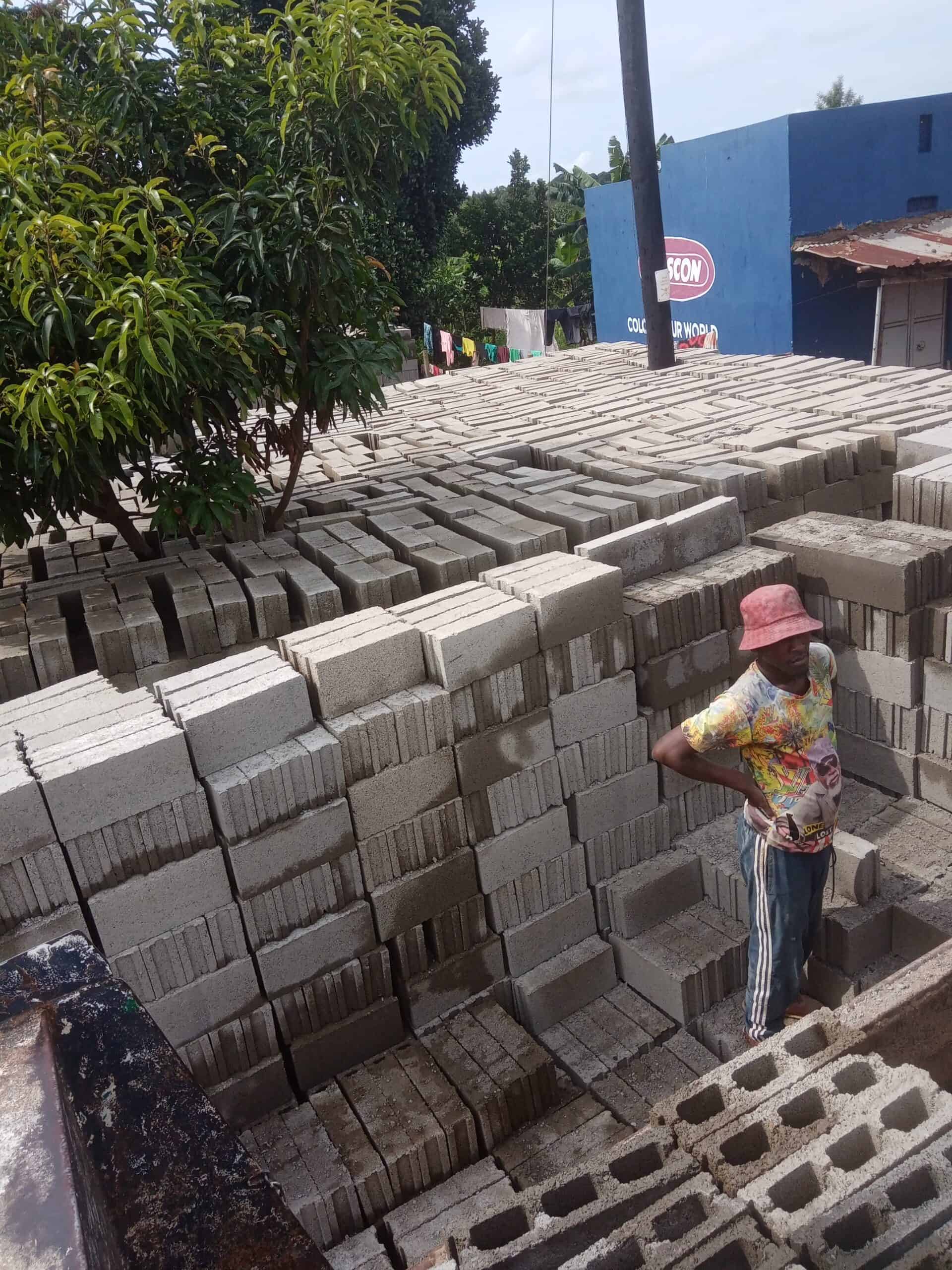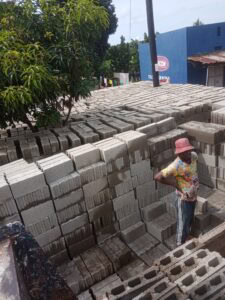Block Making in Uganda: A Profitable and Sustainable Business Opportunity
Blockmaking is emerging as one of the most promising small-to-medium-scale enterprises in Uganda. With rapid urbanization, population growth, and an increasing demand for affordable housing and infrastructure, the need for quality construction materials—especially concrete blocks—has skyrocketed. In both rural and urban centers, block-making has become a lucrative business, offering employment opportunities and contributing to the growth of the construction sector.

Why Block Making is in High Demand in Uganda
- Urbanization and Construction Boom:
- Uganda is experiencing a construction boom, particularly in cities like Kampala, Wakiso, Mbarara, Gulu, and Jinja. As more people migrate to urban areas, the need for residential buildings, schools, shopping centers, and offices increases. Concrete blocks are the go-to choice for walls and foundations due to their strength and durability.
- Affordability and Accessibility:
- Compared to traditional bricks that require a lot of firewood (contributing to deforestation), concrete blocks are more environmentally friendly and cheaper in the long run. They’re easier to produce and faster to build with, making them ideal for commercial projects.
- Government Infrastructure Projects:
- Roads, schools, hospitals, and other public infrastructure projects initiated by the Ugandan government or supported by international donors often use concrete blocks. This creates a steady market for block makers.
Getting Started with Block Making
To start a block-making business in Uganda, you’ll need some basic resources and knowledge:
here is a tutorial showing how blocks are made in Uganda;
1. Capital and Equipment
- Manual Block Machine: Affordable and suitable for small-scale production.
- Semi-automatic or Automatic Machine: Ideal for larger operations; increases output and consistency.
- Other Tools: Molds, wheelbarrows, shovels, and a water source.
2. Raw Materials
- Cement
- Sand
- Stone dust or gravel
- Water
These materials are locally available in most parts of the country, making production cost-effective.
3. Location
Secure land or space that is accessible and near a market or construction area. Proximity to raw materials and clients reduces costs.
4. Skilled Labor
You need workers to mix, mold, and cure the blocks. Basic training is often enough, and many Ugandans are eager to learn hands-on skills.
Types of Blocks Produced in Uganda
- Hollow Blocks: Lightweight and used in non-load-bearing walls.
- Solid Blocks: Heavier and more durable, suitable for load-bearing walls.
- Interlocking Blocks: Popular for eco-friendly and low-cost housing projects.
- Pavement Blocks (Pavers): Used for walkways, driveways, and patios.
Challenges in the Block-Making Industry
- Inconsistent Quality:
- Some small producers compromise on raw materials, leading to weak blocks. This hurts the industry’s reputation.
- Weather Dependency:
- Manual block production is affected by weather—rains can delay curing and drying.
- Access to Finance:
- Small-scale entrepreneurs often lack the capital to invest in better machines and expand operations.
- Competition:
- There is growing competition in urban centers. However, rural and newly developing areas remain under-served.
Opportunities for Growth
- Supplying to Construction Companies: Build long-term partnerships for steady income.
- Diversifying Products: Add pavers, decorative blocks, and interlocking blocks.
- Training Programs: Offer training for youth or women to expand impact and workforce.
- Eco-friendly Options: Use alternative materials like fly ash, clay, or recycled materials for sustainable block production.
Conclusion
Block-making in Uganda is not just a profitable venture; it’s a business that supports the country’s development and infrastructure needs. With the right equipment, strategy, and commitment to quality, entrepreneurs can build a thriving business while creating jobs and contributing to sustainable development. Whether you’re a beginner or looking to expand into the construction industry, block-making remains a strong opportunity worth exploring.




